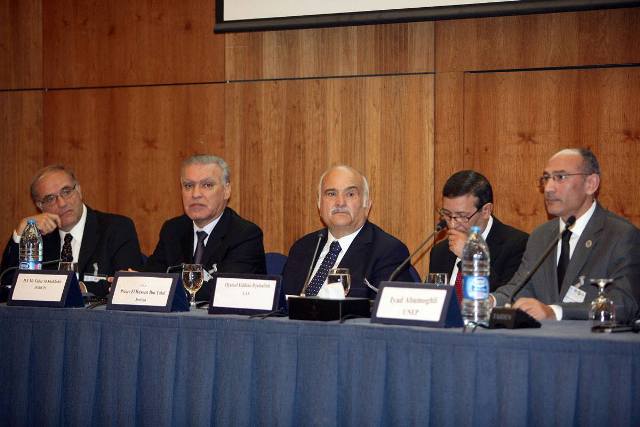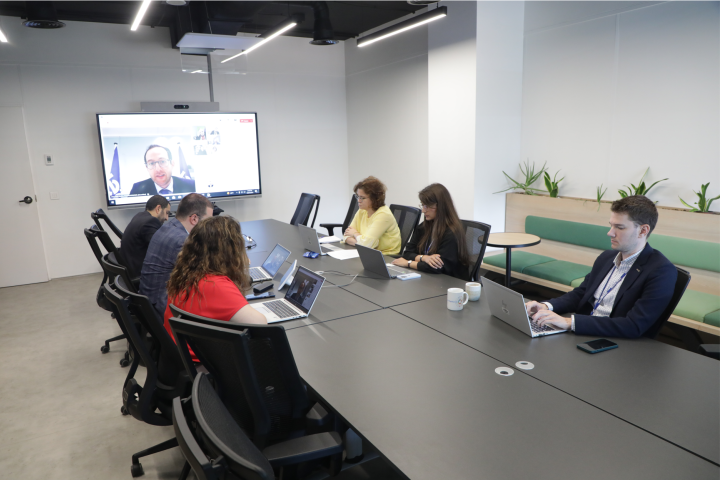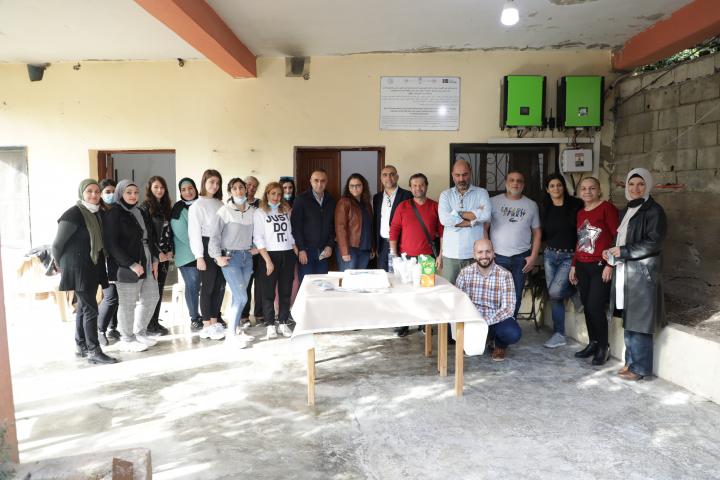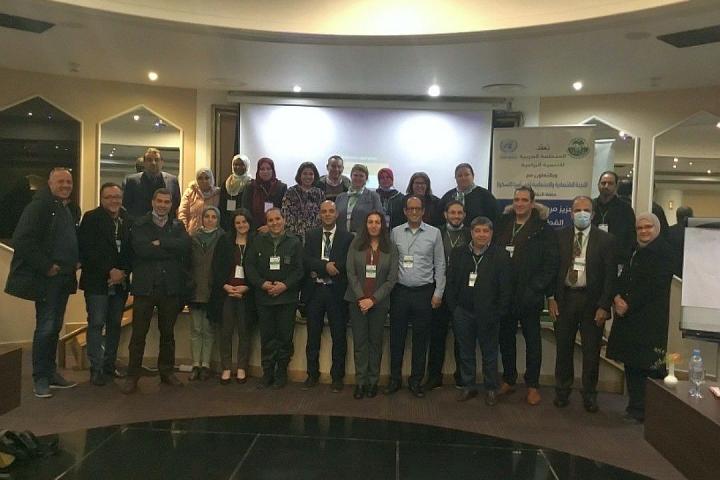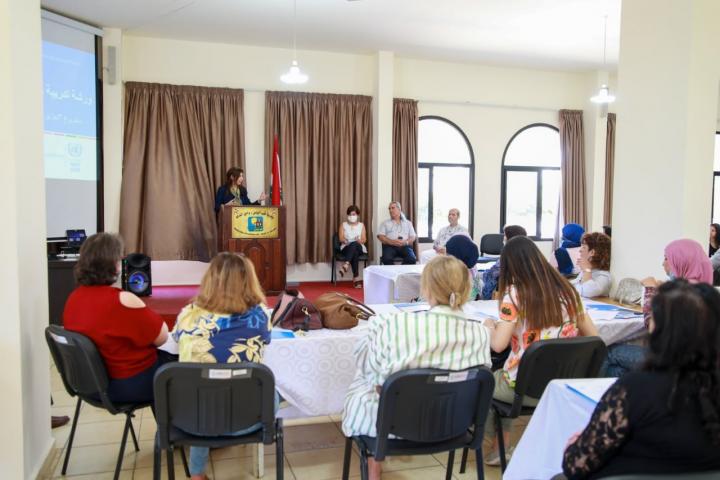On 2-4 April 2014, the Jordanian capital Amman hosted the “Arab High Level Forum on Sustainable Development” organized by ESCWA in cooperation with Ministries of Planning and International Cooperation and of Environment in the Hashemite Kingdom of Jordan, the League of Arab States (LAS) and the United Nations Environment Program (UNEP). The Forum, which was inaugurated by HRH Prince Hassan Bin Talal, gathered a crowd of government officials, officials from the United Nations and its specialized agencies, LAS specialized agencies, funding institutions and the civil society. Topics of discussion among conferees included the ESCWA proposal underway on a set of sustainable development goals for the Arab Region. The proposal reflects the outcomes of consultations led by ESCWA on the subject, in addition to the key conclusions emanating from the various regional and national consultations on the post-2015 development agenda; the proposed Arab Strategic Framework for Sustainable Development that ESCWA and its partners are developing as an update of the Sustainable Development Initiative in the Arab Region, which provides a regional framework for coordinated action on sustainable development; the Arab Regional Roadmap for Green Economy Investment; and progress made in the Arab region towards the millennium development goals and means of accelerating their achievement and sustaining gains in the future, as part of Arab regional preparations for the Annual Ministerial Review (AMR) in 2014. On the sidelines of the Forum, ESCWA signed with the Global Green Growth Institute (GGGI) a Memorandum of Understanding (MoU) on green growth cooperation. Participants in the meeting defined the role of the Forum and how it relates to the regional institutional development framework, especially the biennial ESCWA Ministerial Session, and LAS. They stressed that continued occupation is an impediment to sustainable development, noting the need for international cooperation to achieve sustainable development, the need for reforms within the international framework that would enable developing countries to fulfill their ambitions, the need for reforms on the regional level, and the necessity of integrating all social groups in the development process and in policy formulation. Participants made noteworthy contributions on governance, peace and security, the occupation obstacle, technology transfer and implementation, and disaster risks. They agreed on the necessity of not transforming the youth agenda into a tool for political pressure developing countries. They underlined the role of youth as an influencing agent both on and by sustainable development, and showed existing gaps in implementation methods, especially in the fields of technology and research and development. For more information, please click here
Commission
Secretariat
Our Clusters
Collaborate
Resources
Key Resources
Updates
Get in touch
